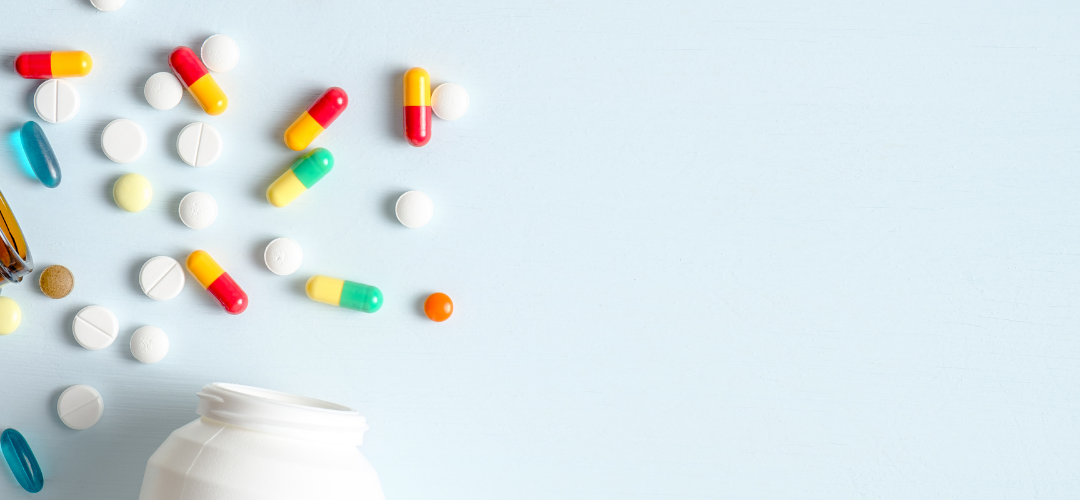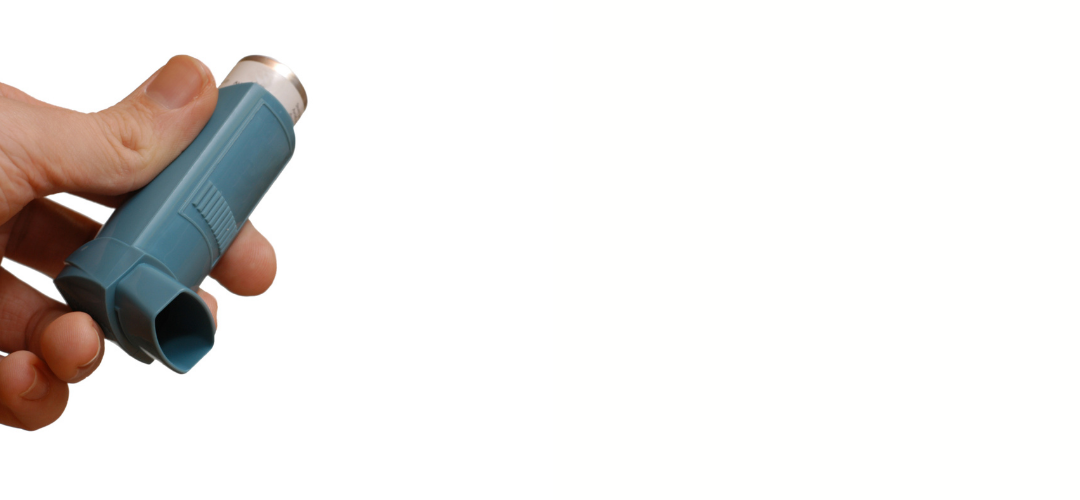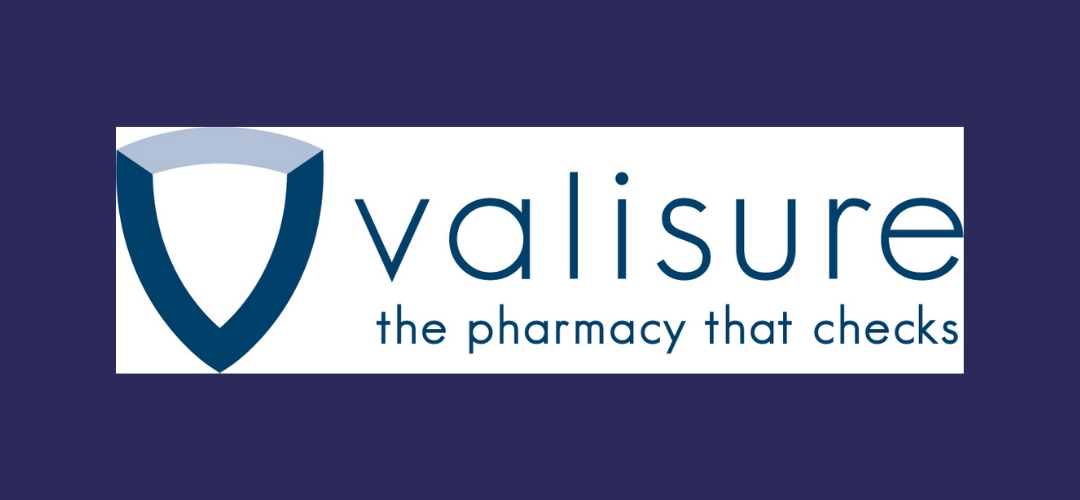by Gabriel Levitt, President, PharmacyChecker.com and Prescription Justice | Nov 12, 2020 | Drug Importation
The new federal rule on drug importation from Canada, drafted pursuant to Section 804 of the FDCA, does not allow for the importation of foreign versions of FDA-approved drugs. It only allows for the importation of FDA-approved drugs. I’m writing this in response to a paper written by Thomas J. Bollyky and Aaron S. Kesselheim called “Reputation and Authority FDA and the Fight over U.S. Prescription Drug Importation.” Some people who read their paper may be confused.
Kesselheim and Bollyky assert that there are “three avenues for legal importation of prescription drugs that are not FDA approved.” The first example is personal drug importation, the second is importation from Canada under the new federal rule, and the third is shortages. I will address the second.
By “not FDA approved,” they must mean foreign-versions of FDA-approved drugs. After all, the law only allows for the sale of FDA-approved drugs within the United States. The new importation rule doesn’t change that basic fact.
(more…)
by Gabriel Levitt, President, PharmacyChecker.com and Prescription Justice | Nov 6, 2020 | Drug Importation
Importation of prescription drugs to help lower prices for Americans will remain a major issue no matter who is president next year. The more we know about where our meds are made (mostly not here) the less successful drug industry lobbying will be against lower-cost, imported medicines.
In some cases, it’s as simple as a drug sold at a U.S. Walgreens is made in a manufacturing facility in one foreign country. For example, type 2 diabetes drug Jardiance (empagliflozin) is made in Italy. Another drug that treats type 2 diabetes, Januvia, is a little more complicated. Its active pharmaceutical ingredient (API) is made in Italy, but that API is formulated into the finished drug in the UK.
(more…)
by Gabriel Levitt, President, PharmacyChecker.com and Prescription Justice | Oct 9, 2020 | Drug Importation
There is no end to my fascination over the new authorized pathways for wholesale and personal importation of lower cost drugs from Canada and many other counties. Last week, I wrote about the request for proposals from HHS on personal drug importation; the week prior, about the certification of Section 804 for wholesale imports from Canada. Today, I’m going to get very, very nerdy about the new Request For Proposals issued to allow for the reimportation of insulin. I am not sure the government could get more obtuse than this in trying to pretend to help people with importation while making it exceedingly difficult and limited.
Unlike the final rule on Section 804 of the FDCA and personal importation pathway opportunities also under Section 804, the Insulin RFP relates to Section 801(d)(1)(2) of the FDCA (21 U.S.C. 381). Veterans of this policy debate would recall this as the statute banning reimportation of prescription drugs. Notice the “re” is underlined.
From 1988 until 2017, Section 801(d), called “Reimportation,” banned any importation of a drug manufactured in the U.S., then exported, from being imported – or reimported – except by the manufacturer of that drug. The only exception, found in 801(d)(2), was if the Secretary declared that importing a drug is “required for emergency medical care.”
(more…)
by Gabriel Levitt, President, PharmacyChecker.com and Prescription Justice | Oct 2, 2020 | Drug Importation
Americans have been personally importing medications for decades. In most cases, the reason is that the same drugs sold in the U.S. are much cheaper elsewhere. According to a recent JAMA article, about 2.3 million Americans import drugs to save money each year. The Kaiser Family Foundation pegged the number at about 20 million, total. This, despite the fact that, under most circumstances, such imports are prohibited. As explained below, under an executive order and a request for proposals by the U.S. Department of Health and Human Services and Food and Drug Administration (HHS/FDA), the door has been opened to formally allow personal drug importation, but the proposed parameters of the RFP ignore greater opportunities, savings and the law itself.
First, wholesale importation of lower cost drugs from Canada is now lawful. That is pursuant to Section 804 of the Food, Drug and Cosmetic Act. Such wholesale importations had been prohibited because the HHS Secretary had yet to certify that the importation would cause no additional public health risk and result in substantial savings for Americans. That certification, as required in Part L of Section 804, was provided by Sectary Azar last week.
(more…)
by Gabriel Levitt, President, PharmacyChecker.com and Prescription Justice | Sep 10, 2020 | Drug Importation
Valisure is a U.S. online pharmacy that actually tests the quality of medication it sends to patients and apparently, to my delight, they support drug importation as a policy to lower costs. Pretty cool.
When people go online or to their local Walgreens to buy prescription drugs domestically, they are largely relying on the regulatory strength of the U.S. Food and Drug Administration to make sure those drugs will work as directed by their prescribers. While the FDA is known as a top drug regulator, for all intents and purposes, Valisure is saying that you can’t fully trust them. Why? Because they don’t do adequate testing to prove safety and effectiveness of drugs. Furthermore, the agency’s position that FDA-approved generic drugs work just as well as the brand is often not true.
(more…)
by Gabriel Levitt, President, PharmacyChecker.com and Prescription Justice | Sep 4, 2020 | Drug Importation
I can’t stop thinking about Trump’s so-called “Most Favored Nation” executive order on drug prices. I know that’s kind of sad considering I’m on vacation.
Keeping it short, when Trump announced his four executive orders on drug prices at the end of July, one of them seemed to be touted as the nuclear option. Spewing the rhetoric Americans want to hear about how he is standing up to Big Pharma, Trump announced that they would get the lowest price on drugs in Medicare:
“We will determine what other medically advanced nations pay for the most expensive drugs, and instead of paying the highest price, Medicare will pay the lowest price and so will lots of other U.S. buyers.”
Somewhere along the line, that order, which oddly was the only one of four that was not made public, was referred to as Most Favored Nation (MFN). MFN is one of the core concepts of international trade agreements. It means that countries party to the agreement get the same low tariffs and other benefits as the others: better terms than those who are not party to the agreement.
(more…)








